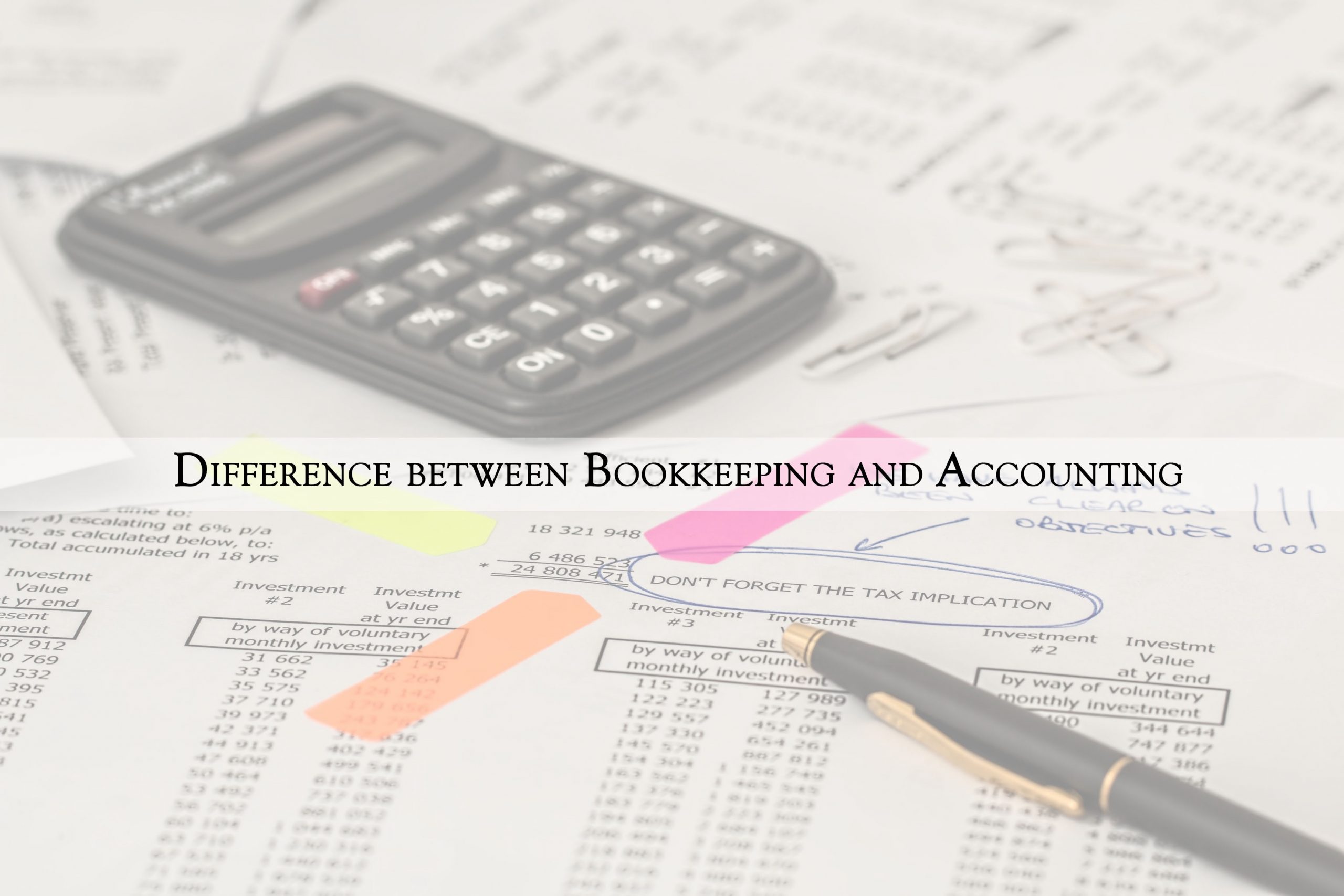The compliance requirements for a Limited Liability Partnership (LLP) are lesser than those for companies. However, they are also stricter with heavier fines for non-compliance. Today, we will talk about everything that you need to know about LLP Annual Filings. We will also touch upon the rules that govern them and some important due dates.

An LLP, being a separate legal entity, must ensure that it maintains its book of accounts properly. Also, the LLP must maintain the book of accounts at its registered office. It must contain all information about the money received and spent, liabilities and assets, statements of inventories and finished goods, etc. Further, the partners must ensure that the LLP files annual returns with the Ministry of Corporate Affairs (MCA) without fail.
LLP Annual Filings
Every LLP must file:
- Its Statement of Accounts and Solvency within 30 days from the end of six months of the financial year.
- The Annual Return within 60 days from the end of the financial year.
An LLP maintains a financial year from April 1st to March 31st. Therefore, the last date of filing of:
- The Statement of Accounts and Solvency = October 30th of every financial year.
- Annual Return = May 30th of every financial year.
This is regardless of the LLP completing any business in the specific financial year.
Form 8 – Statement of Accounts & Solvency
Further, the Statement of Accounts and Solvency is a declaration of the state of solvency of the LLP. The designated partners make this declaration. They also provide information regarding the assets and liabilities of the LLP along with its statement of income and expenditure.
Every LLP is required to file the Statement of Accounts and Solvency or Form 8 every year. The designated partners of the LLP must sign the form to attest it. Further, a practicing cost accountant, chartered accountant, or company secretary must certify it too. Failure to file Form 8 within the due date can attract a penalty of Rs.100 per day of delay.
Form 11 – Annual Returns
An LLP needs to file its annual returns in Form 11. This form carries the following details:
- LLPIN or LLP Identification Number
- LLP’s principal business activities
- Registered office address of the limited liability partnership
- Particulars of all designated partners and partners of the LLP
- The obligation of the contribution of the partners of LLP.
- Also, the amount of contribution received.
- Details of any penalties levied on the limited liability partnership
- Details of any compounding offenses
- Particulars of any other LLP/company where the partners or designated partners are partners/directors.
- DSC (Digital Signature Certificate) of all the designated partners of the LLP.
LLP Annual Filings – Tax Audit
As far as audit requirements are concerned, it is not mandatory for an LLP to audit its book of accounts except if:
- Its annual turnover > 40 lakhs; OR
- Contribution > 25 lakhs
If your LLP qualifies for a tax audit, then the due date for tax filing is 30th September. Else, it is 31st July.
International Transactions
If your LLP has entered into an international transaction or specified domestic transaction during a previous year, then as per Section 92E of the Income Tax Act, 1961, you need to file Form 3CEB. Further, a practicing chartered accountant must certify the same. Also, in such cases, the due date for filing returns is November 30th.
Income tax Return Filing
You need to file the Income Tax Return for your LLP in Form ITR 5. You can fill this form through the Income Tax website using the DSC of the designated partner.
Summing Up
Before you start planning your LLP Annual Filings, keep the above-mentioned points in mind. In case of any queries, you can refer to the LLP Act, 2008 or the Income Tax Act, 1961, or talk to your tax advisor. Good Luck!










